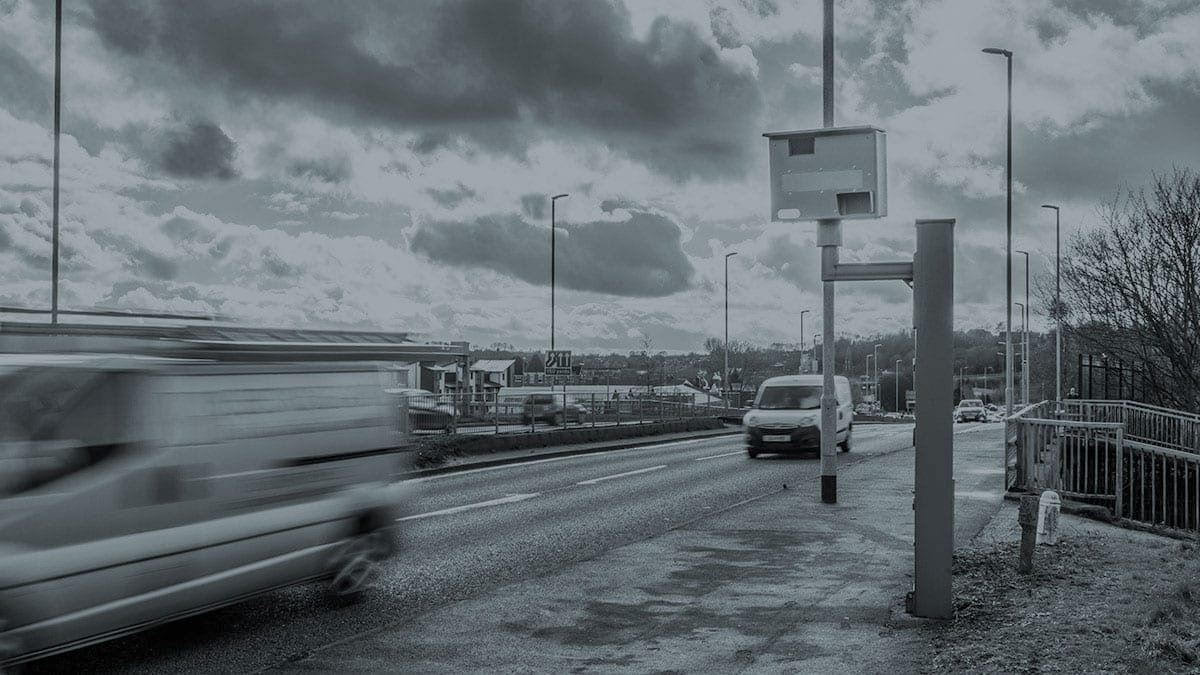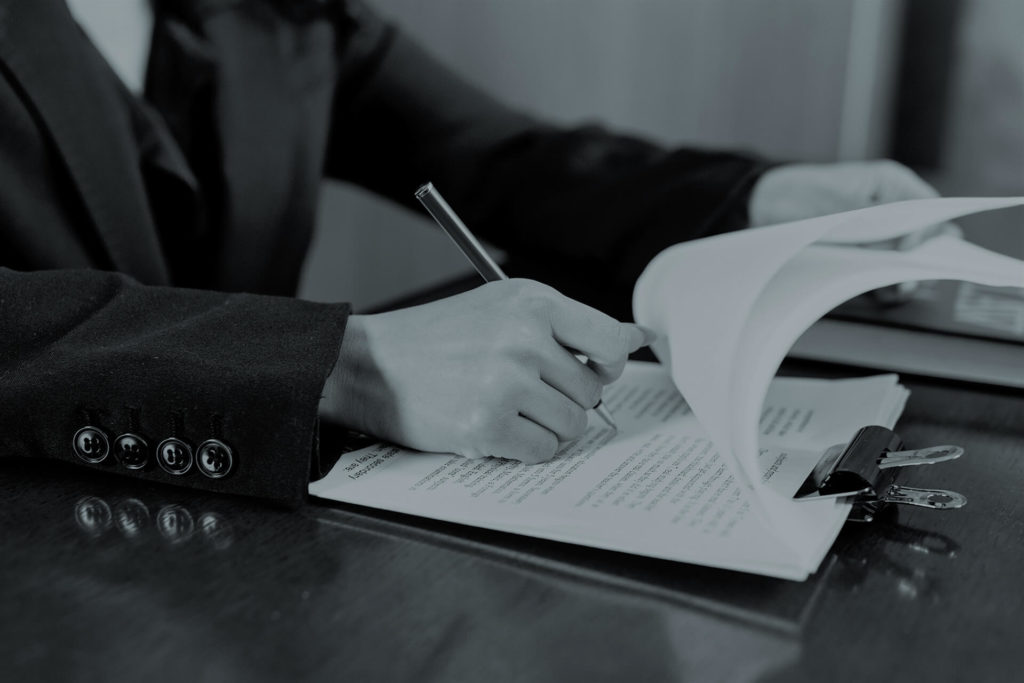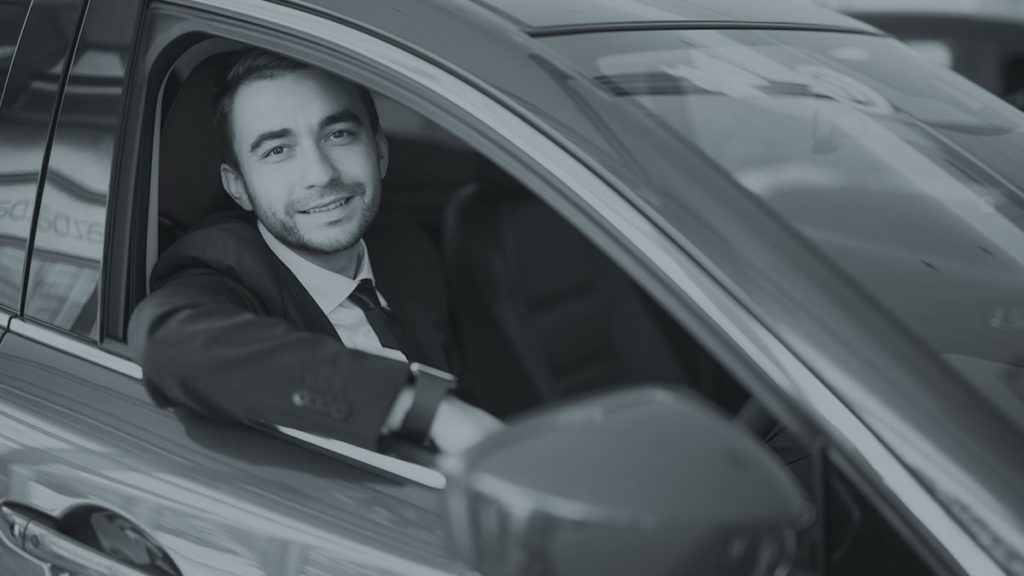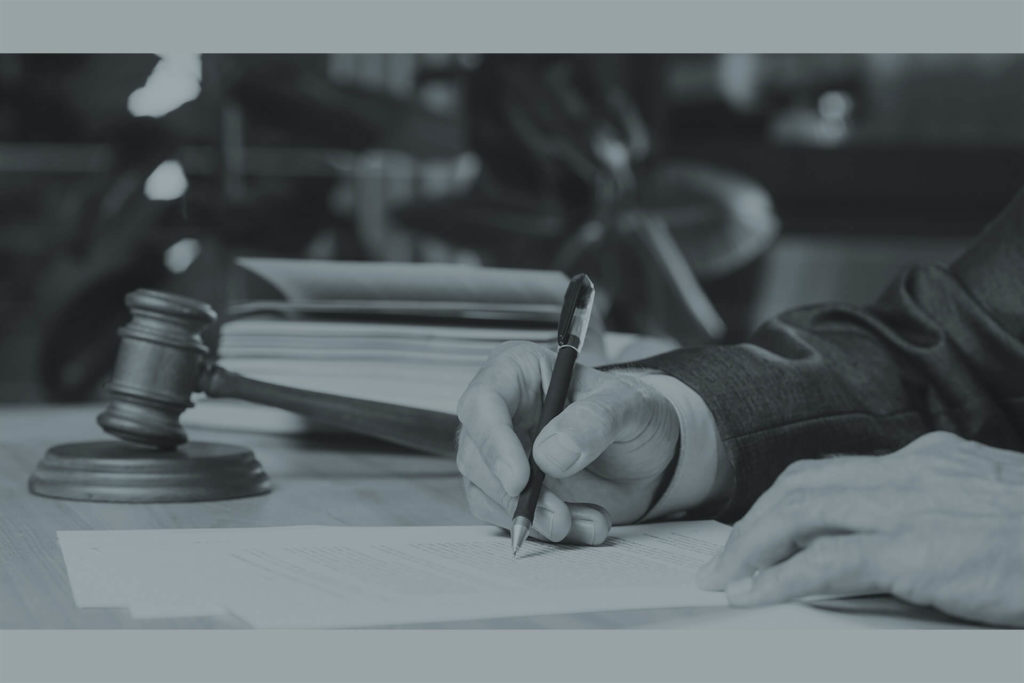Send your enquiry.
Contact us for a free, initial no obligation consultation.
"*" indicates required fields
Your information is safe and treated in accordance with our Privacy Policy
If you get 12 or more points on your licence, you face an automatic driving ban. This is known as a totting up ban. Totting up bans have a mandatory minimum disqualification period of six months, although it can be longer.
There is a lower threshold for new drivers, who face a totting up ban if they get six penalty points on their licence within the first two years of passing their test.
Fight a totting up ban – Ashmans Solicitors
If you want to avoid a totting up ban, contact us now at Ashmans Solicitors. We can help you save your licence. Our motoring defence solicitors represent clients across England and Wales and offer a no obligation enquiry.
What happens if you get 12 points on your licence?
If you get 12 or more points on your licence within a three-year period, you will receive a court summons in the post. You will be asked to attend court where the magistrates (or a district judge) will decide whether or not you should be banned from driving.
The law states that drivers who accumulate 12 or more points on their licence within a three-year period should face an automatic driving ban. This is known as a totting up ban. The minimum sentence is a six-month ban. However, the court can impose a longer disqualification where appropriate.
How to avoid a totting up ban
There are two ways to avoid a totting up ban:
- Defend the offence that would tip you over the 12-point limit
- Plead a case of exceptional hardship
1. Defend the penalty points
Your first option is to defend the offence that would tip you over the 12-point limit.
So, imagine that you have nine points on your licence and you receive a Fixed Penalty Notice through the post for speeding. Accepting the penalty points would take you to 12 points, meaning you would face a totting up ban.
Therefore, you should investigate the possibility of defending the charge. Perhaps you were only speeding because of a genuine medical emergency? Or the speed camera had not been calibrated properly? Or the speed limit was not clearly signposted?
If you successfully defend the charge (which could be something other than a speeding offence), then you will save yourself from having to accept additional points on your licence. In turn, you will remain on nine points, meaning you avoid a totting up ban.
So, it is always worth speaking to our motor defence solicitors if you have been accused of a road traffic offence. If there is scope for successfully defending the charge, then you can plead not guilty in court. We can then present your case, working to secure an acquittal.
If you defend the charge, then a totting up ban become a moot point: you will not receive further penalty points.
2. Plead exceptional hardship
The only other way to avoid a totting up ban is to plead exceptional hardship. Exceptional hardship is when a driving ban would cause you, or others around you, to suffer. There is no exact definition as set out in law – it is assessed on a case-by-case basis.
We do know that exceptional hardship is more than an inconvenience. It goes without saying that being unable to drive is a nuisance. But if it would cause you, your family or members of your community hardship, then the court may decide not to impose a totting up ban. This might apply if you need to drive because:
- You suffer with mobility issues and driving is the only independence you have
- You suffer from health problems and you need to drive to medical appointments
- Your friend or family member suffers from health problems and relies on you to drive them to medical appointments
- Members of your community rely on you to drive them to appointments or events
- Your employees would lose their jobs
- You would lose your job if you lose your licence, which in turn would impact your family, potentially resulting in homelessness
How to plead exceptional hardship
If you want to plead exceptional hardship, then you must present indisputable evidence to the court in support of your case. If you claim that your family member is reliant on you to drive them to medical appointments, then we would request a letter from their doctor confirming the same. Or, if you state that you will lose your job if you get a totting up ban, then we can ask your employer to confirm this to be true.
We have also noticed that the courts are much more sympathetic if someone other than yourself is set to suffer exceptional hardship because of your driving ban. However, that is not to say that a personal exceptional hardship plea will not succeed. We can discuss the best approach when you contact us for an initial enquiry.
What happens if the court accepts exceptional hardship?
If the court accepts that exceptional hardship would be caused by a driving ban, you will be in the unusual position of having 12 points on your licence, but you will still be allowed to drive.
You have to be very careful that you do not accumulate any further points before any of your current points have expired and been removed from your licence. If you do, then you can plead exceptional hardship in court again, although you cannot use the same reasons. In other words, you cannot keep committing driving offences and using the same exceptional hardship argument to avoid a ban.
What happens if the court does not accept exceptional hardship?
If the court does not accept that exceptional hardship would be caused by a driving disqualification, then you will receive a totting up ban. If this is your first disqualification in three years, the totting up ban will last for six months. This is extended to a 12 month ban for a second disqualification in three years, and a two-year ban for a third disqualification in three years.
Once the driving ban has come to an end, the points on your licence are wiped. This means that although you have to serve a driving disqualification, it will wipe the slate clean.
Can I appeal a totting up ban?
If the exceptional hardship argument fails and you are banned from driving, your final option is to make an appeal. This is when you ask the Crown Court to review the decision of the Magistrates’ Court. A hearing will be scheduled at the Crown Court. You can ask for the driving ban to be lifted while you wait for the hearing to take place.
Can I defend other motoring offences by pleading exceptional hardship?
You can only use the exceptional hardship argument if you face a totting up ban, which as discussed in this article, happens when you get 12 or more points on your licence. You may face a driving disqualification if you are caught drink driving or committing other serious traffic offences. You cannot plead exceptional hardship in these situations, although you may be able to avoid a ban by defending the charge in other ways. The exceptional hardship argument is reserved for those facing a totting up ban.
Are you facing 12 points on your licence?
If you are facing 12 points on your licence, please contact us at Ashmans Solicitors. We can assess your case and tell you what to do next. We might be able to defend your most recent charge, ensuring you do not get a totting up ban. Or, we might be able to plead exceptional hardship, which would prevent an automatic disqualification. Are you eligible for early removal of driving disqualification?
Call us on 0333 009 6275. We are available to take your call 24 hours a day, 7 days a week. See our motoring defence fees page to find out more about our fixed fees.
You can also email us on enquiries@ashmanssolicitors.com or complete our Online Enquiry Form and we’ll be in touch soon.
Totting up ban – quick questions
What happens when you have 12 penalty points?
When you get 12 penalty points on your licence you will receive a court summons through the post. You will be told where and when to attend a Magistrates’ Court. There will be a hearing and the court will probably ban you from driving, unless you can plead exceptional hardship. Contact our solicitors if you have received a court summons.
Can you drive with 12 points in the UK?
You can only drive with 12 points on your licence in the UK if the court has taken the decision not to impose a totting up ban. This is usually because you have successfully pleaded exceptional hardship. Otherwise, you cannot drive when you get 12 points on your licence within a three-year period.
How many points until you lose your licence UK?
If you are a new driver, you will lose your licence if you get six penalty points within two years of passing your test. For everyone else, you will lose your licence if you get 12 penalty points within a three-year period.
Do I have to retake my test after a ban?
You will have to retake your test after a driving ban if you have been convicted of a serious road traffic offence. You will also have to retake your test if you are a new driver. The court will say whether or not you retake your test after serving the length of your disqualification.
Related: What happens, driving whilst disqualified.




